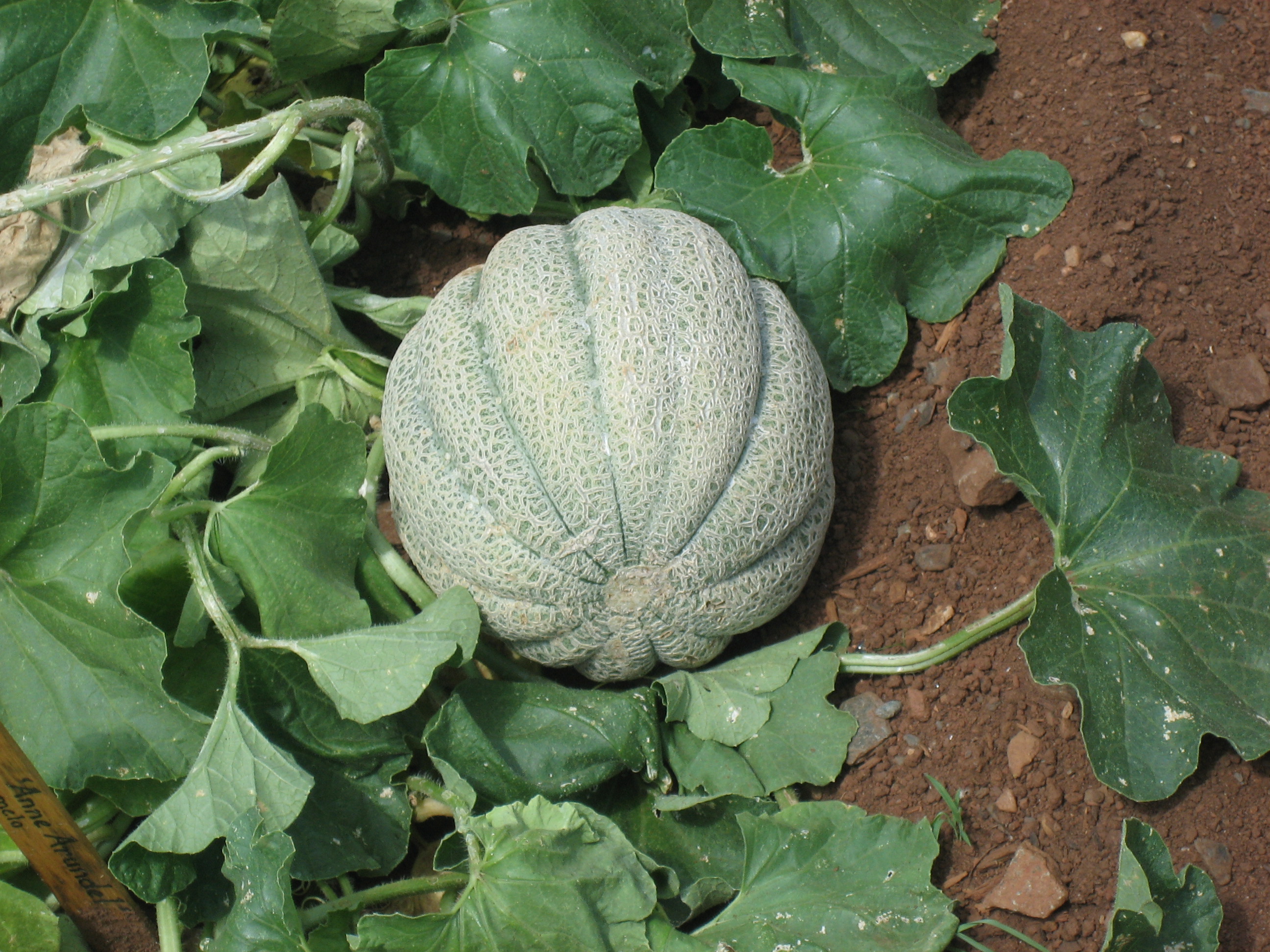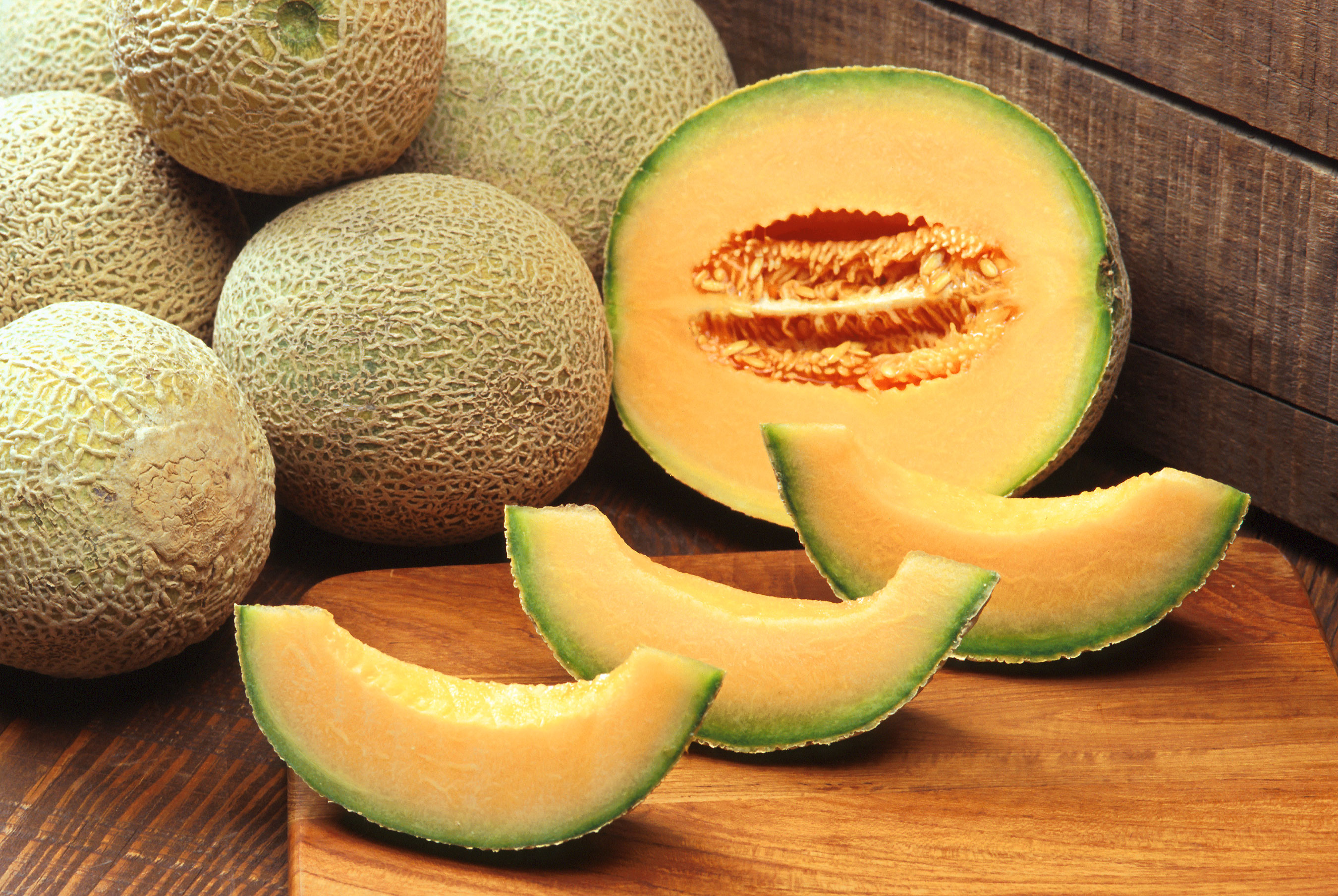#230994 - 08/30/11 12:44 AM
 Our Dwindling Food Variety
Our Dwindling Food Variety
|

Veteran

Registered: 02/27/08
Posts: 1585
|
National Geographic's short article "Our Dwindling Food Variety": http://ngm.nationalgeographic.com/2011/07/food-ark/food-variety-graphic#.Tlwb23Ps0kV.facebookThis doesn't strike me as such a good thing, because 1. I like many tasty varieties of veggies on my dinner table; 2. and fewer varieties seem to mean greater vulnerability to disease, pest, crop failure, etc. The potato quickly became the staple in some European countries, but because so few varieties were brought over the Atlantic from the New World, the farmed potato could get wiped out by a single strain of virus, etc. The Irish Famine was apparently such an example. I'm not a biologist. Am I being paranoid? DB
|
|
Top
|
|
|
|
#231000 - 08/30/11 01:01 AM
 Re: Our Dwindling Food Variety
[Re: Bingley]
Re: Our Dwindling Food Variety
[Re: Bingley]
|

Addict
Registered: 09/03/10
Posts: 640
|
First what in the heck is muskmelon.
Second, Isnt this just Survival of the fittest and selective "breeding"?
_________________________
Nope.......
|
|
Top
|
|
|
|
#231002 - 08/30/11 01:24 AM
 Re: Our Dwindling Food Variety
[Re: Frisket]
Re: Our Dwindling Food Variety
[Re: Frisket]
|

Veteran

Registered: 02/27/08
Posts: 1585
|
First what in the heck is muskmelon.
Second, Isnt this just Survival of the fittest and selective "breeding"? Go down to your local market and see if they've got muskmelon. It's tasty. Yes, this is selective breeding, but perhaps not survival of the fittest since there is a big human element involved. We select veggies that grow easily, grow well, and sell well, and we don't cultivate veggies that make less financial sense. But that means if there is virus, bacteria, pest for those particular types, we risk losing a lot of our food resources at the same time. DB
|
|
Top
|
|
|
|
#231004 - 08/30/11 01:27 AM
 Re: Our Dwindling Food Variety
[Re: Frisket]
Re: Our Dwindling Food Variety
[Re: Frisket]
|

INTERCEPTOR
Carpal Tunnel

Registered: 07/15/02
Posts: 3760
Loc: TX
|
First what in the heck is muskmelon.
Second, Isnt this just Survival of the fittest and selective "breeding"? Muskmelon = cantaloupe (article must have been written by a Yankee  ) As for the second comment, the plant characteristics that are being emphasized by breeding are NOT the ones that insure the plant's survival, only it's ease in shipping.  -Blast
|
|
Top
|
|
|
|
#231006 - 08/30/11 01:35 AM
 Re: Our Dwindling Food Variety
[Re: Bingley]
Re: Our Dwindling Food Variety
[Re: Bingley]
|

Newbie
Registered: 07/28/11
Posts: 40
|
1. I like many tasty varieties of veggies on my dinner table; But do you really need that many? 36 varieties of lettuce... I think I only tried 4. As for the second comment, the plant characteristics that are being emphasized by breeding are NOT the ones that insure the plant's survival I actually think pest/disease resistance is a pretty important component of selection.
|
|
Top
|
|
|
|
#231007 - 08/30/11 01:58 AM
 Re: Our Dwindling Food Variety
[Re: Blast]
Re: Our Dwindling Food Variety
[Re: Blast]
|

Veteran

Registered: 02/27/08
Posts: 1585
|
[Muskmelon = cantaloupe (article must have been written by a Yankee  ) I just looked this up, and you're right. At my local market (am located in the Midwest), muskmelon and cantaloupe are categorized as two different things. I think of this as muskmelon:  and this as cantaloupe:  Guess they're the same species, but different varieties. Anyway, as a punishment for my ignorance, I hereby sentence myself to go find at least one of each and eat them in one setting. DB
Edited by Bingley (08/30/11 01:59 AM)
|
|
Top
|
|
|
|
#231010 - 08/30/11 02:33 AM
 Re: Our Dwindling Food Variety
[Re: Bingley]
Re: Our Dwindling Food Variety
[Re: Bingley]
|

INTERCEPTOR
Carpal Tunnel

Registered: 07/15/02
Posts: 3760
Loc: TX
|
Mom used to grow "muskmelons" in our garden in Minnesota but the store I worked at labeled them cantaloupes.  -Blast p.s. they both taste great!
|
|
Top
|
|
|
|
#231012 - 08/30/11 03:11 AM
 Re: Our Dwindling Food Variety
[Re: Bingley]
Re: Our Dwindling Food Variety
[Re: Bingley]
|

Carpal Tunnel

Registered: 08/03/07
Posts: 3078
|
Not really. Take for example the common potato, today I doubt you can get more than 6 varieties at your supermarket at any one time. In the UK there are around 30 common varieties, with dozens of specialist varieties, which need to be searched out if you want a change of texture and taste. http://www.lovepotatoes.co.uk/the-potato/The problem here is the consumer education, as many folks in reality don't even know where a potato comes from let alone what variety of potato is suited to what recipe or meal. Some can't even tell the difference between a turnip, a beetroot and a potato and I have even heard of some folks eating rhubarb leaves, but I suspect this is a urban myth. If you analyse the amount of space given over to high profit industrially produced value added products (microwave meals, vast isles of sugary (HFCS) bottled liquids and potato chips etc) in supermarkets at the expense of consumer choice of fruits and vegatable varieties, it all becomes clear that the main problem is actually the consumer. Salad doesn't come in a nitrogen filled clear plastic baggy. In the past sometimes you used get a free slug or snail. Today this would be completely unacceptable.
|
|
Top
|
|
|
|
#231016 - 08/30/11 03:25 AM
 Re: Our Dwindling Food Variety
[Re: Bingley]
Re: Our Dwindling Food Variety
[Re: Bingley]
|

Pooh-Bah

Registered: 03/08/07
Posts: 2208
Loc: Beer&Cheese country
|
First what in the heck is muskmelon.
Second, Isnt this just Survival of the fittest and selective "breeding"? Go down to your local market and see if they've got muskmelon. It's tasty. Yes, this is selective breeding, but perhaps not survival of the fittest since there is a big human element involved. We select veggies that grow easily, grow well, and sell well, and we don't cultivate veggies that make less financial sense. But that means if there is virus, bacteria, pest for those particular types, we risk losing a lot of our food resources at the same time. DB And ship well. Ie, iceberg lettuce can fit more heads in a box than, say, romaine.
|
|
Top
|
|
|
|
#231027 - 08/30/11 05:53 AM
 Re: Our Dwindling Food Variety
[Re: Frisket]
Re: Our Dwindling Food Variety
[Re: Frisket]
|

Geezer
Registered: 01/21/04
Posts: 5163
Loc: W. WA
|
Those 'cantaloupes', melons with the orange flesh and the 'netting' or raised webbing on the outside are technically muskmelons, but in this country the two names are used interchangeably (incorrectly). Cucumis melo reticulatus are the common ones you see in your American grocery store.
True cantaloupes are Cucumis melo cantalupensis, and aren't netted, have deep vertical grooves, a hard warty rind, and orange or green flesh. Some food authorities say they're only grown in Europe, where they know the difference.
A third kind that we see here are the Cucumis melo var inodoras, including the casaba, crenshaw and honeydew melons.
Sue
|
|
Top
|
|
|
|
|
|
|
1
|
2
|
3
|
4
|
5
|
6
|
|
7
|
8
|
9
|
10
|
11
|
12
|
13
|
|
14
|
15
|
16
|
17
|
18
|
19
|
20
|
|
21
|
22
|
23
|
24
|
25
|
26
|
27
|
|
28
|
29
|
30
|
31
|
|
|
|
|
|
0 registered (),
1161
Guests and
122
Spiders online. |
|
Key:
Admin,
Global Mod,
Mod
|
|
|